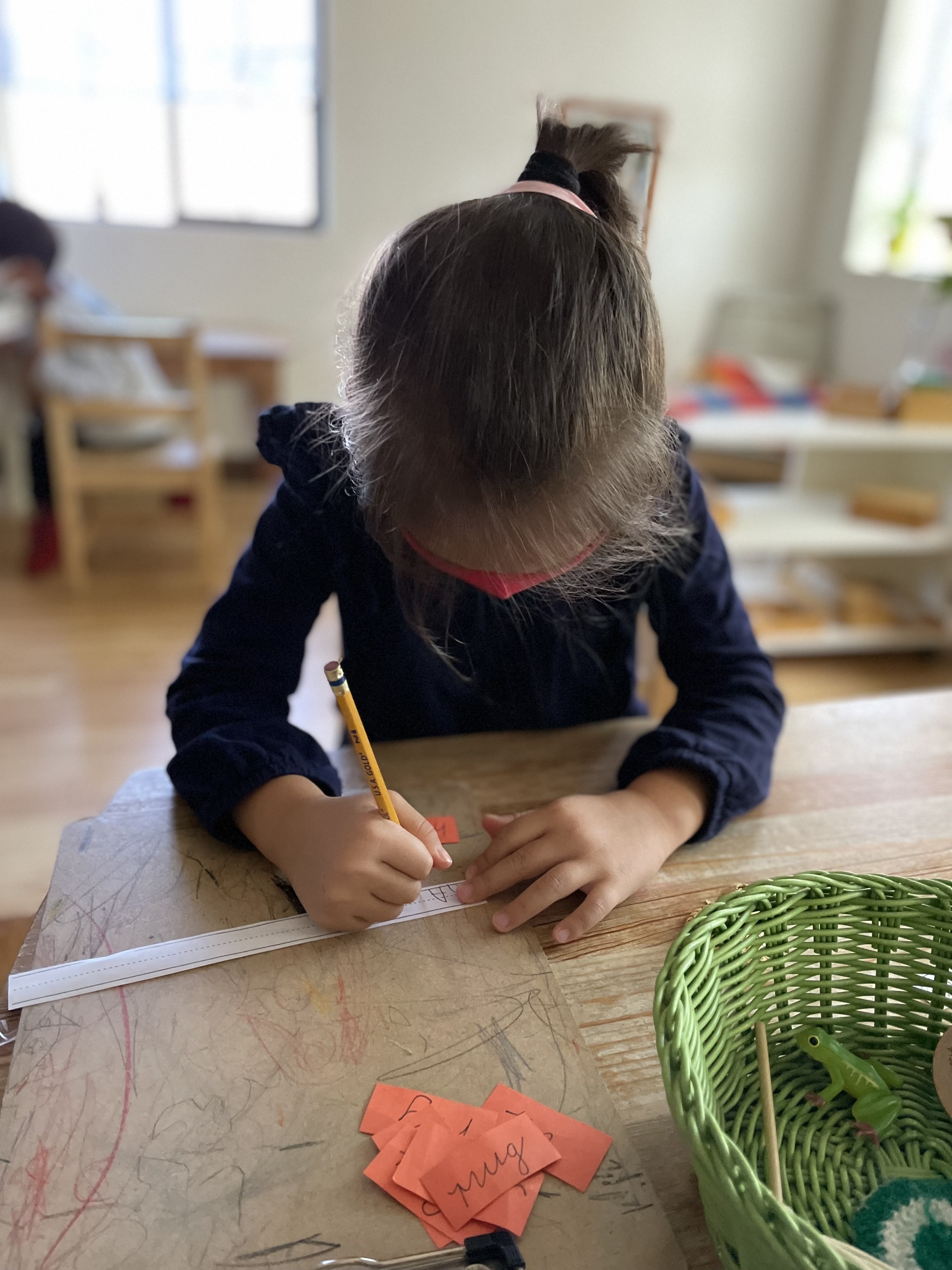(858) 759-0631
Teach your preschooler self-discipline and independence by letting them make their own choices and being responsible for the consequences of their actions
“Little children, from the moment they are weaned, are making their way toward independence.” Maria Montessori, the founder of the academic movement bearing her name, said.
We know that freedom equals independence.
Everything we do in the classroom is designed to build skills, confidence, and a can-do attitude for life. It’s one of the reasons I’m most attracted to teaching at Lifetime Montessori school.
The century-old Montessori Method teaches that independence is an ongoing process and educational curriculum is part and parcel of teaching children to ‘DIY,’ or do it yourself.
For example, if a child spills a drink, there are two ways for a teacher—and parent—to deal with the mistake. The first is that mommy does it—perhaps with a scolding or cross look. The second way is that the child does it. In a Montessori environment, it’s always the child.
When children are allowed to experience and make mistakes, they feel loved, secure, and understood. Kids make mistakes so try to maintain a positive attitude about it. If your child spills something at home, just say, ‘It’s OK; let’s get a sponge and clean it up.’ The more your child practices, the more control he or she will have over his body and the stronger their developmental progress, confidence and self-esteem will become.
A parent must realize that although it’s faster and easier for mommy or daddy to fix the problem, it’s just not helping the child go forward.
Montessori children are always moving toward independence. As a result, they experience how to make decisions from a set of choices. How they meet and make those choices as part of the classroom curriculum and at-home culture allows them to achieve success.
Parents must learn to create the environment for that success at home as well. For example, they must plan ways to involve their kids in daily activities and make choices. This type of teaching is how they learn to make well-considered decisions.
What types of activities should be planned? Much like their Montessori classroom environment—which is meticulously planned and set up—the home must also have the necessary tools children need to succeed.
What types of tools? How about low shelves for plates and glasses? Or, a step stool? Perhaps they should buy a mirror for brushing the back of one’s hair.
Parents should provide the tools—but not the labor—so that their children can do at home what they do at school.
These types of actions will allow your child to fend for him or herself. If you let your children think for themselves and do for themselves, then they will rise to the challenge of accepting each new and more complicated encounter on their way to reaching their next stage of growth.
And that next stage is having the confidence to fail, the confidence of having succeeded, and the freedom that comes from knowing that he or she is independent in his or her actions.

